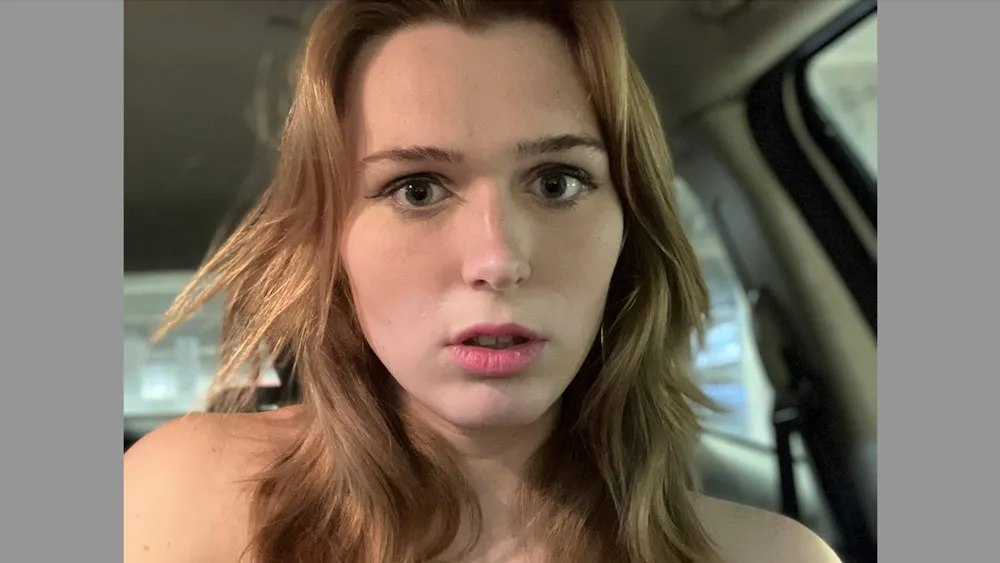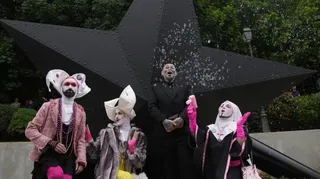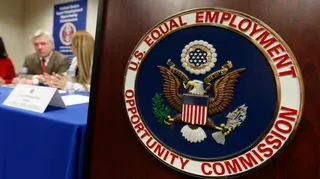December 10, 2017
Trans Activists, Journalists Discuss Coverage Issues
John McDonald READ TIME: 2 MIN.
Transgender life stories and community issues were discussed last Thursday evening inside a petite gallery space on Wilton Drive.
"Transgender Community and the Media" panelists included Emery Grant, director of community engagement for the Stonewall National Museum Museum & Archives, Tiffany Arieagus, supervisor of SunServe's HOPWA (Housing Opportunities for Persons with HIV/AIDS) program and author/actress Rajee Narinesingh. Brendon Lies, SFGN Art Director, moderated the discussion.
The conversation primarily dealt with how transgender people are portrayed by the press. The panel discussion was presented by the Society of Professional Journalists Florida Pro Chapter and hosted by Stonewall National Museum & Archives Wilton Manors Gallery.
"It is the responsibility of an ethical press to handle their interviewers respectfully," said Lies. "Check the credibility of the media outlet."
Arieagus said she will not grant an interview request without a stipulation of reading the story before publication. This statement prompted one journalist to walk out of the gallery. Arieagus said it was for her protection. With a 40-year track record as an entertainer, Arieagus said she had experienced an incident where she was misquoted by a reporter.
"I do not like to let people interview me unless I can see what's going on," Arieagus said. "You've got to have some control over what is said and what people write. A reporter who does not at least want to talk to me about what he is writing about me then he shouldn't write about me."
Arieagus, a 65-year-old trans woman of color who grew up in Mobile, Alabama, said press interviews are to be taken seriously.
"They say bad press is better than no press well sometimes bad press can get you killed," Arieagus said.
Narinesingh told a story of how she was the victim of a near fatal beating in the late 1990s. This brush with death made Narinesingh committed to championing transgender causes.
"I thought, my God, if I had died tonight would I die knowing that I had did something or tried to do something for my people?" Narinesingh said.
A South Florida resident for more than two decades, Narinesingh said some of her interactions with the media left her with an impression they were after sensational material.
"They wanted to run on this sensationalized story of, oh look, cement woman, this transsexual went and got these black market injections and look what happened to her," Narinesingh said. "It's true, it's part of my story, but as a representative of the transgender community, I was determined, you all need to know, this, this and this about me because I wasn't going to be made out to be a fool."
Grant said reporters should ask gender identity questions politely.
"Even something as simple as 'What would you like to be called?" Grant said. "I don't mind being asked my pronoun."
Grant also cautioned reporters to refrain from joking about "alphabet soup."
"We're talking about people," Grant said. "Don't be dismissive out of the gate."
Other items discussed included surgery related questions, duct tape, Caitlyn Jenner, discrimination in hiring practices and the lack of shelter space in South Florida - particularly Broward County - for trans women.







